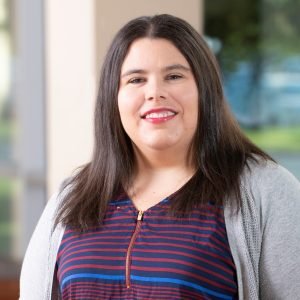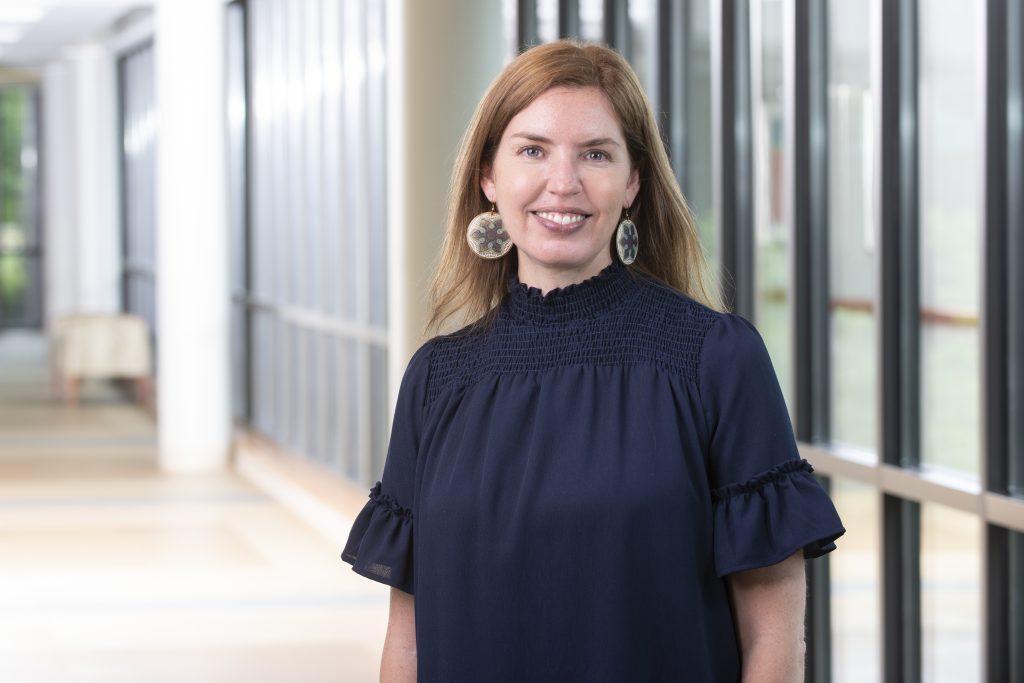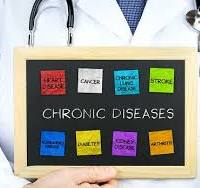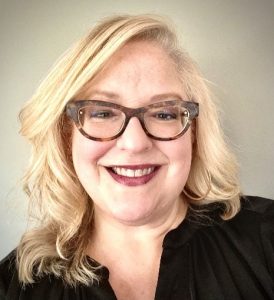
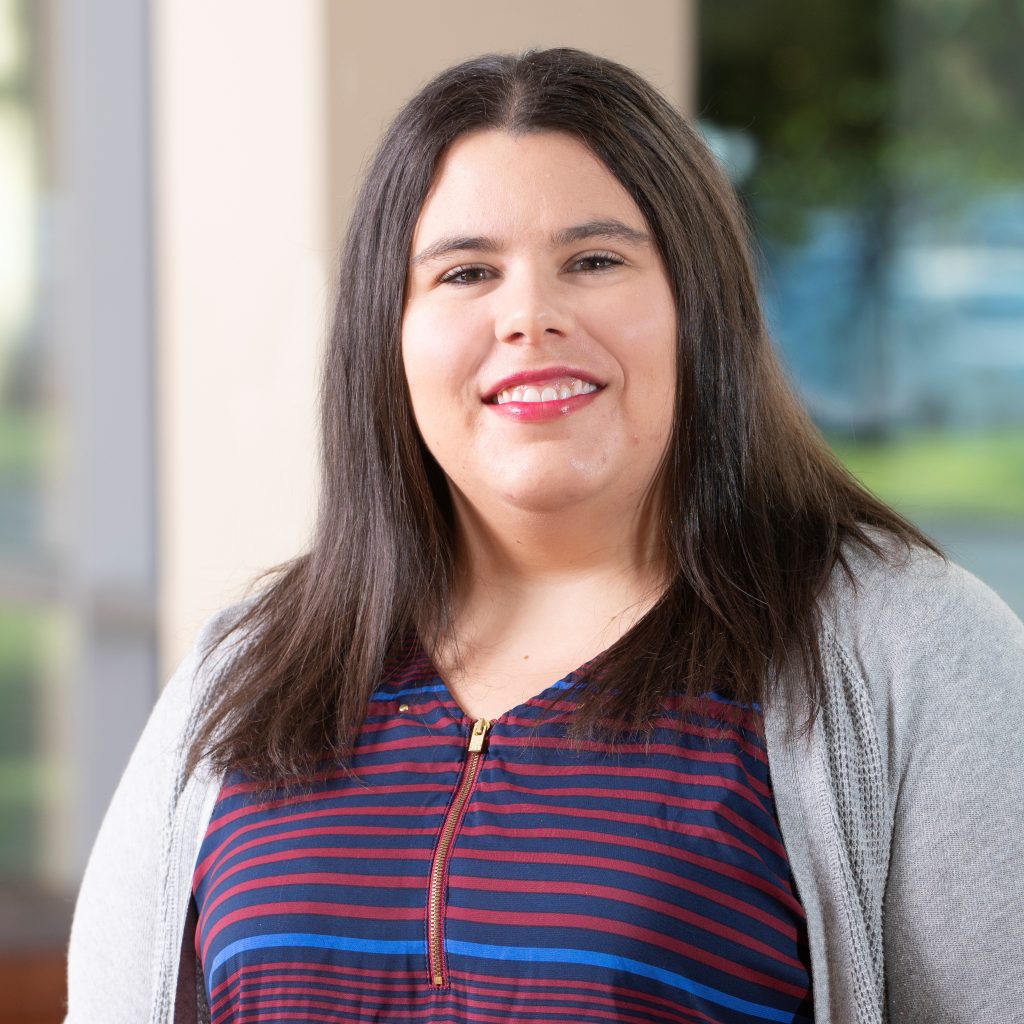 Sidney Hays, MSW, LISW, DARTT, Outpatient Therapist, Lindner Center of HOPE
Sidney Hays, MSW, LISW, DARTT, Outpatient Therapist, Lindner Center of HOPE
“Trauma” has been a buzzword in recent years. Accompanying it has been discourse around what counts as trauma. From the extreme of exaggerating minor inconveniences as trauma to the opposite end of the spectrum which attempts to gatekeep this term, reserving it for life threatening events only.
These extremes create confusion around not only the definition of the term and related concepts, but unnecessarily polarizes an already sensitive topic. As people debate the validity of traumas, it often reinforces the harmful self-judgements adopted by those who have experienced trauma. This reinforcement is often what keeps people stuck in self-blame and blocks actual healing.
It is common for those who have experienced trauma to blame themselves. This occurs for many reasons. One of the most obvious reasons lies in cultural messaging related to victim blaming, exaggerated self-reliance, and toxic positivity. The messaging of victim blaming often sounds like: What were you wearing? Were you drunk? Why didn’t you leave? Why didn’t you fight back? Why were you there in the first place? Are you really going to talk about your mom like that? Rather than holding those who caused the damage accountable, the responsibility gets shifted to the person who experienced it. This causes significant shame, often keeping people stuck in trauma responses and unhelpful patterns.
The worlds of toxic positivity and “just do it” often dismiss the significance of trauma, which impedes the ability to process and heal from trauma. It can sound something like: But you have so much to be grateful for. Your parents weren’t that bad. Other people have it much worse. Just count your blessings. Just decide to change and make it happen. You just need to (insert unhelpful platitude here). These responses encourage us to ignore the impacts of our trauma, which leads to trauma being stored in the body.
Another explanation of the self-blame that often accompanies trauma is that it gives the person who experienced it a false sense of control. If it was my fault, that means I should have just done better. If it was my fault, I can control the situation. If it was my fault, I can make sure it never happens again. Our brains are often much more comfortable with the notion that we messed up than the reality that other people and many events are outside our control.
Like with most debates and continuums, the surrounding discourse usually harms those who live a life of less privilege. Expanding our understanding of trauma and its impacts creates space for healing and growth.
The problem with many definitions of trauma lies in the focus of the definition. Most center around the event that occurred. However, this focus is incorrect and shortsighted. The most important factor in defining trauma is actually related to how a person experiences a moment, event, or series of events. Because of this, what is experienced as trauma will vary between person to person and moment to moment, which impacts how the body physiologically responds to a perceived threat.
Dr. Peter Levine, the developer of Somatic Experiencing, states that “trauma lives in the body, not the event.” When our nervous system perceives something as a threat, it reacts in kind, regardless of whether or not there is an objective threat. Most of us have heard of the fight (yelling, hitting, approaching), flight (running away from, avoiding), and freeze (immobilization, dissociation, disconnection) responses to a threat without fully understanding how these reactions come to be… These are states of our autonomic nervous system, which controls the automatic functions of the body (blood pressure, heart rate, breathing, digestion, hormones, immune response). This means that these reactions are unconscious, automatic, and the result of our nervous system attempting to protect us from a perceived threat.
When our brains perceive something as a threat, our nervous system does not always choose the most effective response. Our responses are informed by a lifetime’s cycles of threat and response. Because of this, the response of our autonomic nervous system is often the one we’ve used most in the past, or the response we wish we could have used then but didn’t have access or ability to use. This can explain many confusing patterns in our lives, such as a person who experienced emotional neglect as a child might struggle to share their emotions and needs even with a partner in a safe, healthy relationship down the line. These patterns require intentional work to mend to get our nervous system on board with responding in ways that may be more effective, or better in line with our values. In order to do this, we need adequate resources to increase our capacity to tolerate threats and distress.
Many factors impact our ability to cope with perceived threats such as: resources, support, physical health, and the level to which our needs are met. When these factors are well resourced, we have increased capacity to tolerate threat and distress. However, the inverse is also true. When lacking in any of these areas, our capacity drops.
Linda Thai brilliantly defines trauma as, “too sudden, too little, or too much of something for too long or not long enough without adequate time, space, permission, protection, or resources.” This inclusive definition accounts for the many nuances of the human experience, including generational trauma, and trauma resulting from racism, sexism, homophobia, fat phobia, colonization, and other various systems of oppression. Mindfulness of these nuances creates space for the full spectrum of human suffering to be seen, processed, and healed.
When we create this kind of space, increase access to resources, validate, and protect one another, we can be agents of healing in a world severely lacking at.
“If you want to improve the world, start by making people feel safer.”
-Dr. Stephen Porges

